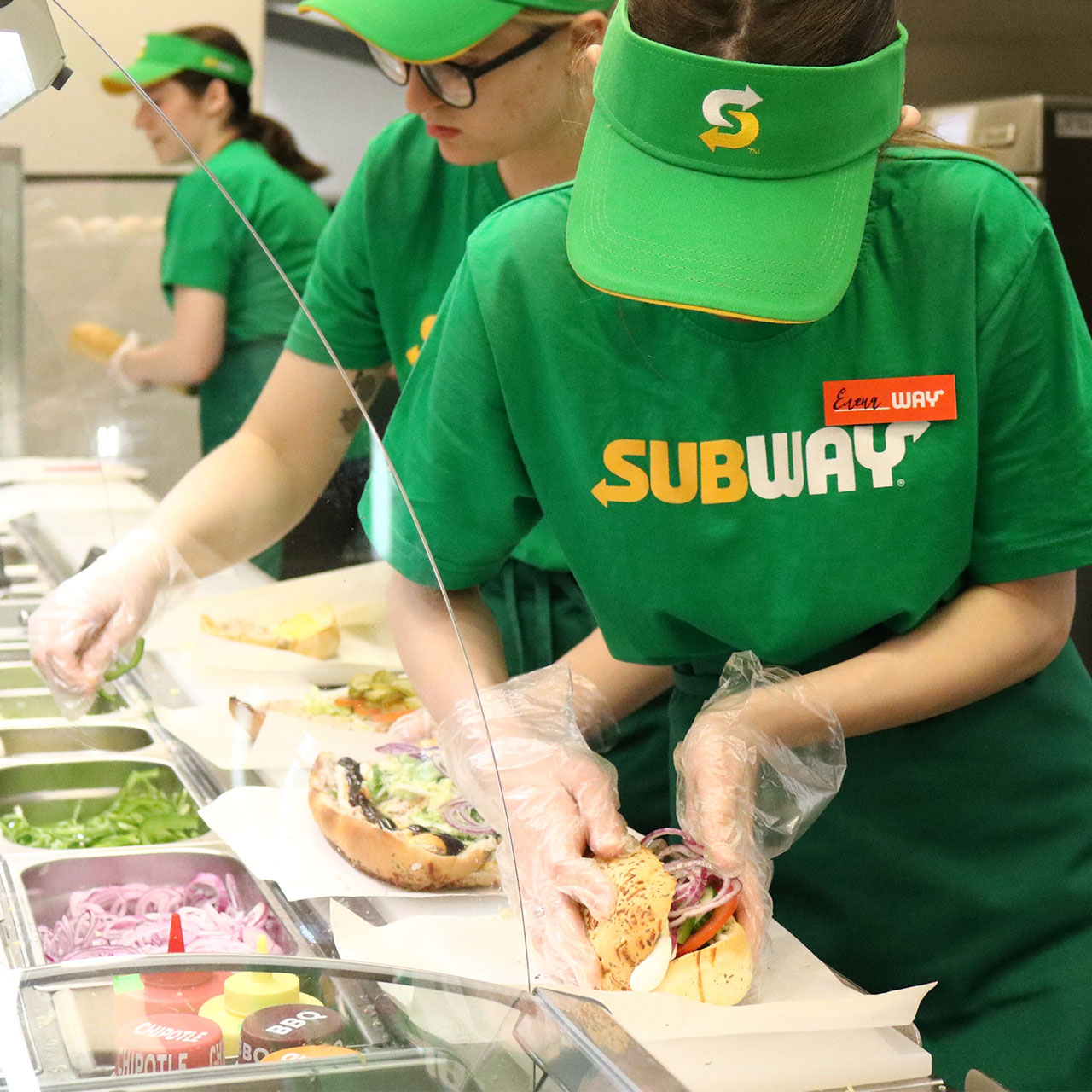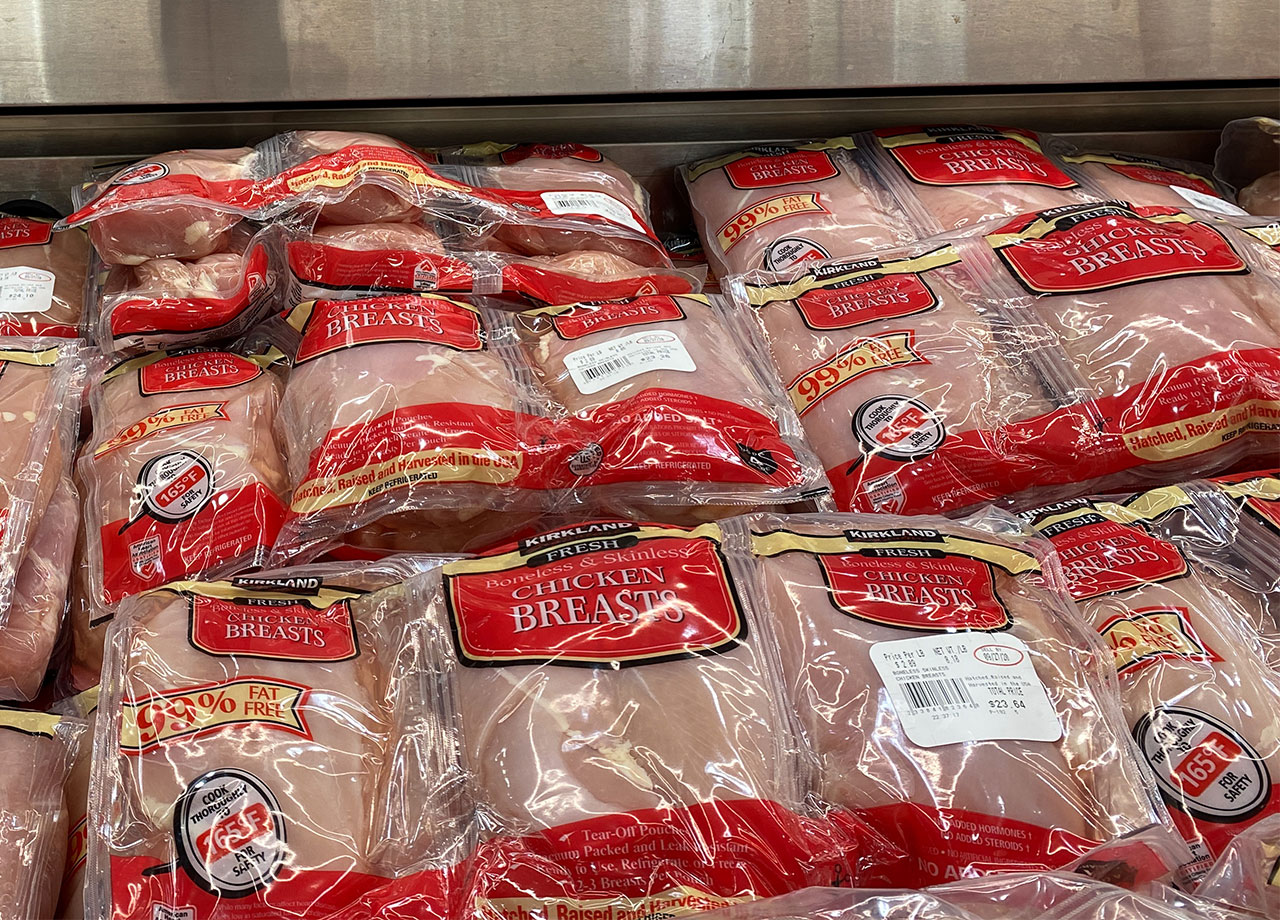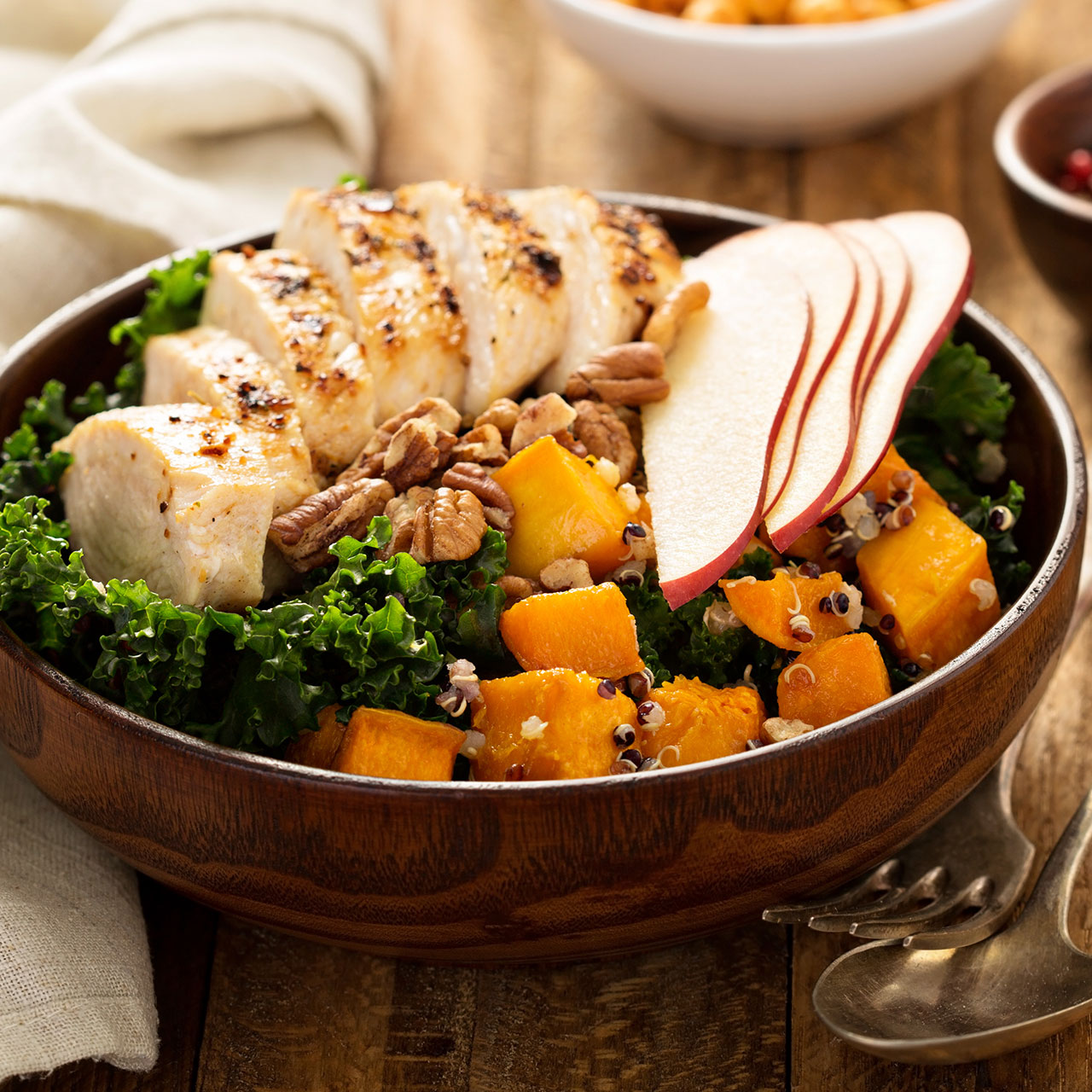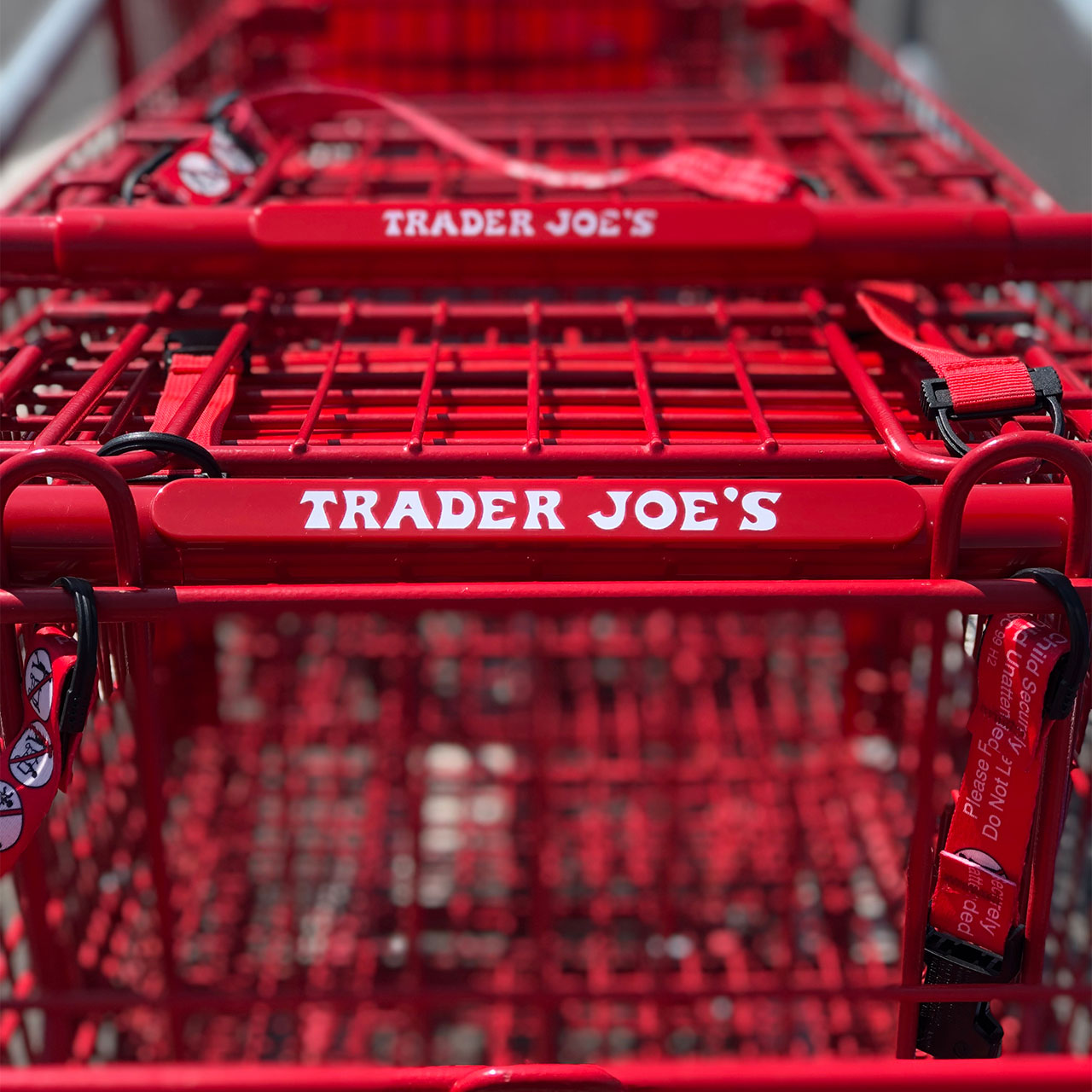This is an archived article and the information in the story may be outdated. Please check the time stamp on the story to see when it was updated last.
With shortages in the grocery store and restaurant dining rooms closed, many of us are turning to food delivery for our daily meals during the COVID-19 outbreak.
It’s a great way to contribute financially to your favorite restaurants (and the broader economy), but there are some health risks associated with ordering food delivery this much. In addition to following the CDC recommendations for social distancing and wearing masks, there are other best practices you must follow.
What are they?


One problem you should be aware of are the common cooking oils that restaurants use, versus at-home cooking, experts warn.
"The biggest problem with ordering food delivery during COVID-19 is the fact that most restaurants use cheap oil to cook food and this makes the food very toxic and fattening," certified Functional Nutritional Therapy Practitioner and Health Coach Erik Levi of Holistic Nootropics tells us.

Dr. NavNirat Nibber, Medical Advisor at AOR, seconds that sentiment. "I know we are all in a state of uncertainty, and therefore the inclination may be to go towards greasy comfort foods. I would urge everyone to rethink this approach."
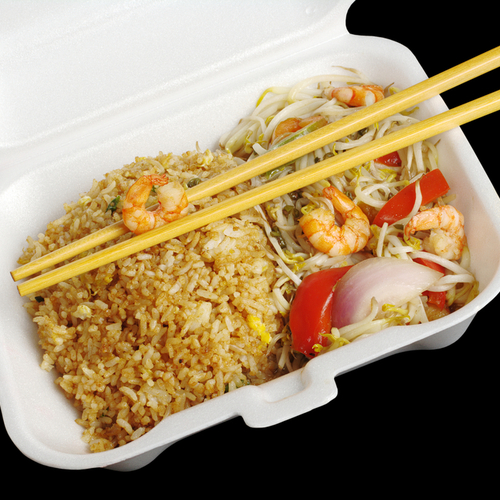
Which foods are the worst offenders? "The starchy carbohydrates like bread and rice along with fried foods and high sugar foods that are common in delivery foods are bad for the metabolism, and lead to the risk factors that complicate cases of COVID-19, such as blood sugar dysregulation and heart disease," Erik warns.
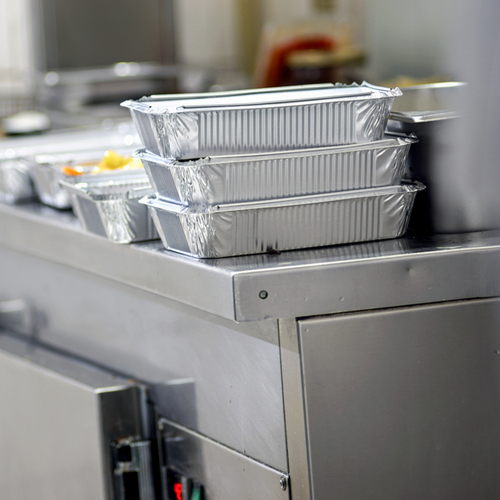
Also, there are lesser-known health risks associated with the actual delivery time of the food itself. "If the food is cooked then cooled for too long during delivery it can grow fungus and pathogens that can cause gut distress," Erik warns.
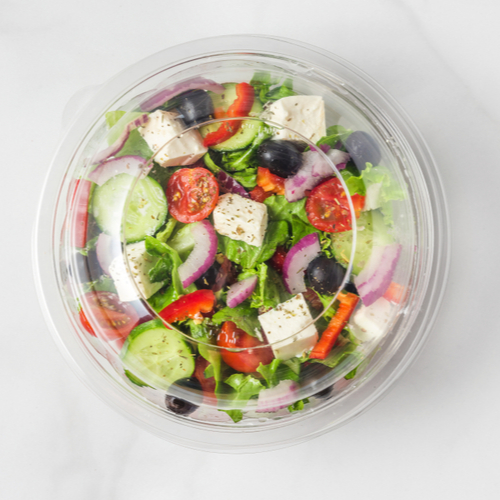
So--what should you do instead? "Focus on getting nourishing foods that are going to support your immune function," Dr. Nibber says. "Making your body more resistant to infections by getting sufficient protein, good leafy greens and flavonoids from colourful vegetables, foods rich with vitamin c and zinc, and fermented foods to help your microbiome act as a first line of defense. Avoid high sugar highly processed foods."









